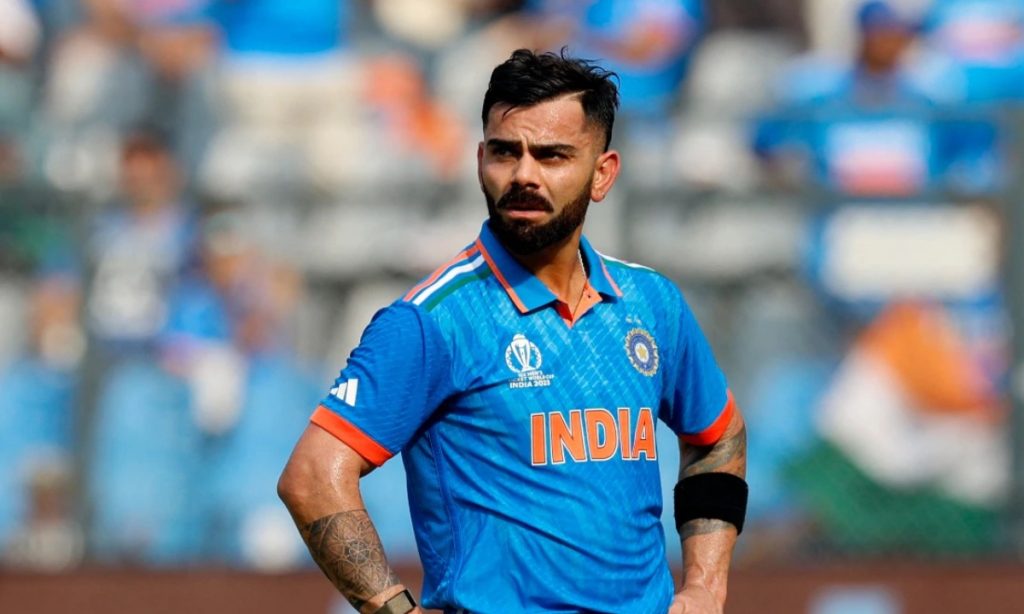In the fiscal year 2023-2024, Virat Kohli, the cricket maestro, not only dominated the cricketing field but also stood out in the financial arena by becoming India’s highest tax-paying sportsperson. Kohli’s tax contribution for the year was an impressive ₹66 crores, a figure that underscores his status not just as a cricketing icon but also as a significant contributor to the Indian economy.
Virat Kohli’s journey from a young prodigy to one of cricket’s most influential figures has been marked by consistent performance, leadership, and an unparalleled marketability. His earnings, which facilitate such a substantial tax payment, come from a multifaceted income stream. Kohli’s primary income includes his salary from the Board of Control for Cricket in India (BCCI), his lucrative contract with the Royal Challengers Bangalore in the Indian Premier League (IPL), and an array of endorsement deals that make him one of the most marketable athletes globally.

The IPL, where Kohli has been the highest run-scorer, plays a significant role in his earnings. His contract with RCB, where Virat Kohli has been a mainstay since the inception of the league, reflects not only his cricketing prowess but also his commercial value. Kohli’s presence in the IPL isn’t just about runs; it’s about pulling in sponsors, fans, and eyeballs, which in turn boosts his market value.
Endorsements form the lion’s share of Kohli’s income, with brands like Audi, Hero, MRF, Puma, and Valvoline among his long-term partners. These partnerships are not just about the money; they reflect Kohli’s brand image of fitness, determination, and excellence, qualities that resonate with millions across India and beyond. His social media presence, with millions of followers, further amplifies his reach, making him a favorite for brands looking to tap into the youth demographic.
The tax contribution of ₹66 crores by Kohli in FY24 is not just a number; it’s a reflection of his economic impact. In a country where cricket is more than just a sport, Kohli’s financial contributions through taxes play a crucial role in public infrastructure, welfare schemes, and development projects. This amount, while a fraction of his earnings, highlights the symbiotic relationship between high-profile athletes like Kohli and the government, where success on the field translates into significant economic contributions off it.
Moreover, Kohli’s financial acumen extends beyond cricket. His investments in health and fitness startups in Bengaluru indicate a forward-thinking approach towards building a legacy beyond the cricket pitch. These investments not only diversify his income but also contribute to the entrepreneurial ecosystem, potentially leading to more jobs and innovation in health and wellness sectors.
Virat Kohli’s status as the highest tax-paying sportsperson in FY24 is a testament to his commercial success, which in turn is fueled by his cricketing achievements. His journey from a young batsman to a global sports icon encapsulates not just the story of cricket but also the economic narrative of modern sports in India. Kohli’s tax contributions are a reminder of the broader impact sports stars have on the economy, blending sports, entertainment, and finance into a narrative of national pride and economic prosperity. As Kohli continues to evolve, his influence on and off the field promises to keep him at the forefront of this unique intersection.

